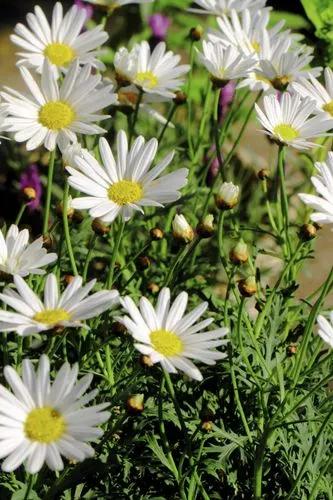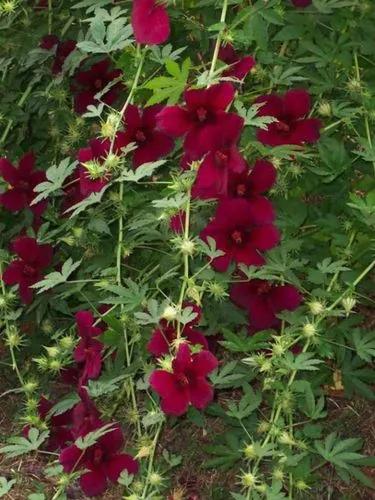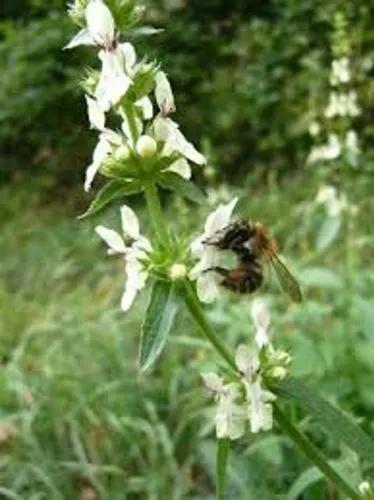Helianthemum salicifolium is an appressed-hairy annual plant that reaches up to 10-35 cm long with erect or ascending stems, branching mainly from the base. Flowers are with tomentose sepals with thick prominent nerves and yellow petals, which equal the sepals and are produced solitary and axillary. These small wildflowers were spotted in a prairie in Volos city, Greece.
Willowleaf Frostweed Care
Helianthemum salicifolium



Helianthemum salicifolium and other annual species of this genus, growing in the steppes and deserts of the Old World, are ephemerals. They manage to go through the entire development cycle - from germination of seeds to their ripening - in just a few weeks, before the onset of summer heat and drought. These plants have one or more generations per year, growing only during the periods with suitable conditions (for example, when adequate moisture is available) and passing the unfavorable periods in the form of seeds.
How to Care for the Plant

Water

Helianthemum salicifolium prefers for the soil to dry out between waterings. However, it should be watered regularly.

Pruning

Occasional hygienic pruning will be beneficial to the health and look of the plant. Remember to use sharp, sterilized tools.

Fertilizer

This plant is not a heavy feeder. By the time your plant has depleted the nutrients in its soil, it's likely grown enough to need a larger pot anyway. To replenish this plant's nutrients, repot your Helianthemum salicifolium after it doubles in size or once a year—whichever comes first.

Sunlight

Helianthemum salicifolium loves being close to bright, sunny windows. Place it less than 1ft from a south-facing window to maximize the growth potential. Helianthemum salicifolium does not tolerate low-light.

Soil

The frostweed grows well in poor quality soils as long as they are well-draining. When choosing a location, try to choose a spot with deep soil so that the plant can establish deep and spreading roots. Rocky and sandy environments are fine for frostweed plants.

Propagation

Use a sharp knife to cut a three-inch segment of a healthy shoot from the plant. Dip the stripped side of the cutting in rooting hormone. Bury it into the seed-starting mix. Cover the pot with plastic and place somewhere warm with ample filtered light. Softwood cuttings take two to four weeks to begin rooting; hardwood cuttings take a bit longer.

Temperature

While Helianthemum can tolerate heat and high temperatures, it does not do well in cold climates and cannot survive heavy frost. It should be planted in areas that are protected from cold winds and heavy frost as these conditions can damage the plant, impacting the following growing season.

Container

There are no special requirements for the pot. Make sure the pot provides sufficient drainage.

Fun fact

Helianthemum means "following the sun" as the plant’s flowers perform nyctinasty movements.
Discover more plants with the list below
Popular articles






